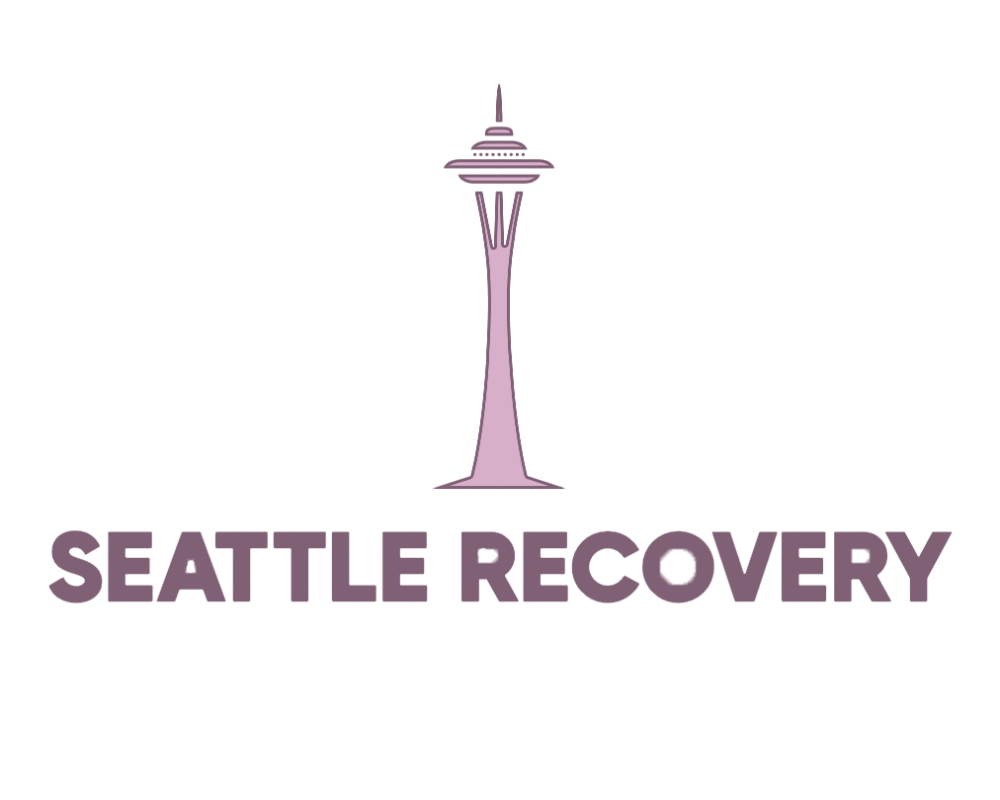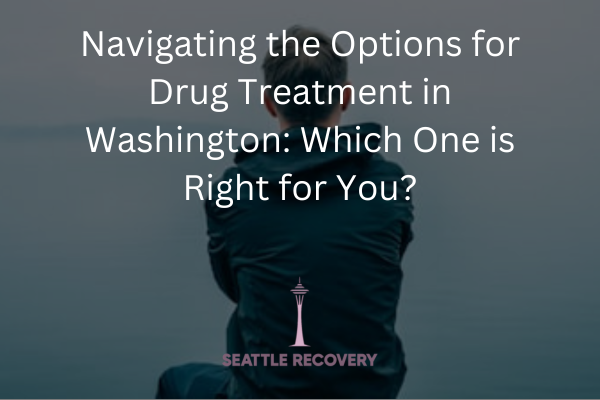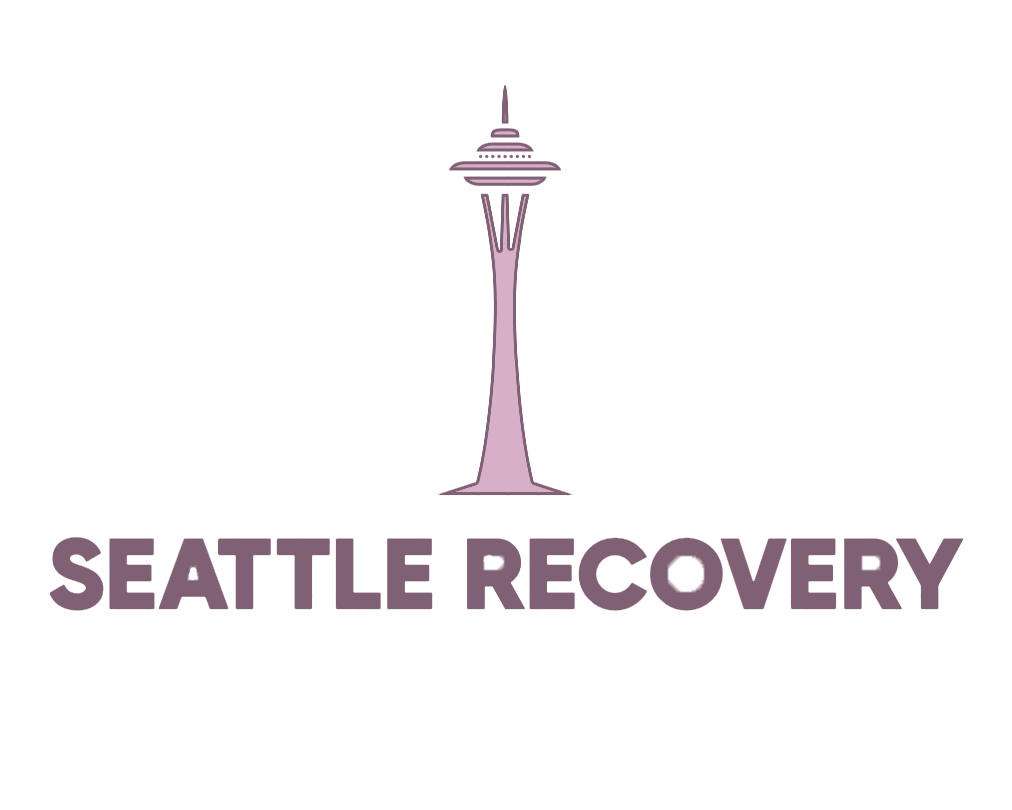When it comes to overcoming addiction, choosing the right drug treatment program is a critical decision. Consequently, this can significantly impact your journey toward recovery. In Washington state, there are many options available for individuals struggling with substance use and mental health disorders. Whether you are seeking help for yourself or a loved one, understanding these options can help. Specifically, it helps you make an informed choice. This choice aligns with your needs, preferences, and recovery goals.
At Seattle Recovery, we are a premier mental health and substance abuse treatment center in Washington. We are committed to helping individuals navigate these options. Furthermore, we help them find the treatment plan that works best for them. In this blog post, we will explore the different types of drug treatment programs available in Washington. Additionally, we’ll discuss what to consider when choosing a treatment option. Furthermore, we’ll explain how Seattle Recovery can be part of your healing journey.
Understanding the Need for Drug Treatment
Drug addiction is a complex, multifaceted condition that impacts both the mind and the body. It is not just about the physical cravings for a substance. Additionally, it involves the psychological and emotional challenges that accompany addiction. For this reason, effective drug treatment in Washington must address the whole person. It provides a comprehensive approach. This approach includes detoxification, therapy, support, and long-term recovery planning.
While the path to recovery is personal and unique for every individual, the primary goal of drug treatment is the same. Specifically, it aims to help individuals break free from the cycle of addiction. Moreover, it helps them rebuild their lives and maintain long-term sobriety.
Types of Drug Treatment in Washington
There are several drug treatment options available in Washington state, each offering different levels of care and support. The key is to find the one that best fits your needs and circumstances. Here’s a breakdown of the most common types of drug treatment programs:
-
Detoxification Programs
Detoxification, or detox, is often the first step in the recovery process for individuals who have become physically dependent on drugs or alcohol. This process allows the body to rid itself of harmful substances under medical supervision, minimizing the risk of withdrawal symptoms and complications.
Detox programs are typically inpatient services, meaning clients stay at a facility for a period of time to receive around-the-clock care. While detox alone is not sufficient for long-term recovery, it is a necessary first step in preparing for more intensive treatment.
-
Inpatient Rehabilitation (Residential Treatment)
Inpatient rehabilitation programs, also known as residential treatment, offer a highly structured environment where individuals stay at a facility for an extended period of time—often 30, 60, or 90 days. These programs are ideal for people who have a severe addiction and need intensive support in a controlled, therapeutic environment.
Inpatient rehabilitation typically includes a combination of detoxification, individual therapy, group therapy, and family counseling. Clients engage in structured activities designed to address the psychological, emotional, and behavioral aspects of addiction.
Benefits of inpatient treatment include:
- 24/7 medical and emotional support
- A structured daily routine
- Access to a wide range of therapeutic modalities
- A focus on rebuilding social and coping skills
At Seattle Recovery, we offer inpatient services designed to provide the highest level of care for individuals in need of intensive treatment.
-
Outpatient Treatment Programs
Outpatient drug treatment in Washington is designed for individuals who do not require 24/7 care but still need support to maintain their recovery. Outpatient programs are generally more flexible, allowing clients to continue living at home while attending therapy sessions on a regular basis.
There are several types of outpatient programs, including:
- Intensive Outpatient Programs (IOP): These programs offer more hours of therapy per week (usually 9-15 hours) and are ideal for individuals who have completed inpatient treatment or those with a less severe addiction.
- Partial Hospitalization Programs (PHP): PHP is a more intensive outpatient treatment option, typically offering 6-8 hours of therapy per day. This program is suited for individuals who require a higher level of care than traditional outpatient services but do not need inpatient treatment.
Outpatient drug treatment programs allow individuals to balance their recovery with daily life responsibilities, such as work or family obligations. However, they require a higher degree of self-discipline and motivation, as clients are not under constant supervision.
-
Sober Living Homes
Sober living homes, or recovery residences, are group living environments for individuals in recovery. These homes offer a safe and supportive atmosphere where residents can live while transitioning from formal treatment to independent living. Residents are expected to follow house rules, participate in group activities, and maintain sobriety.
Sober living homes can be a vital step for individuals who have completed inpatient rehab but want additional support before fully reintegrating into their regular lives. They offer a transitional space where individuals can focus on building healthy habits and developing coping skills that will support long-term sobriety.
-
Medication-Assisted Treatment (MAT)
Medication-assisted treatment (MAT) is an evidence-based approach that combines the use of FDA-approved medications with counseling and therapy. MAT is primarily used for opioid addiction, but it can also be beneficial for alcohol and other substance use disorders.
The goal of MAT is to help individuals manage cravings and withdrawal symptoms while they engage in therapy to address the underlying psychological issues contributing to their addiction. Some commonly used medications in MAT include methadone, buprenorphine, and naltrexone.
MAT can be administered in both inpatient and outpatient settings, depending on the individual’s needs and the severity of their addiction.
-
Dual Diagnosis Treatment
Many individuals with substance use disorders also struggle with mental health issues, such as depression, anxiety, PTSD, or bipolar disorder. This is known as a dual diagnosis or co-occurring disorder. For individuals with dual diagnoses, it’s crucial to seek drug treatment in Washington that offers integrated care for both mental health and addiction.
At Seattle Recovery, we specialize in dual diagnosis treatment, offering a holistic approach that addresses both the mental health and substance use components of addiction. This comprehensive treatment model ensures that clients receive the care they need to heal from all aspects of their condition.
-
Therapeutic Approaches and Modalities
A variety of therapeutic approaches can be utilized to help individuals heal from addiction. These can be incorporated into inpatient, outpatient, and aftercare programs. Common therapeutic modalities include:
- Cognitive Behavioral Therapy (CBT): CBT helps individuals identify and change negative thought patterns and behaviors that contribute to their addiction.
- Dialectical Behavior Therapy (DBT): DBT is a type of therapy designed to help individuals regulate their emotions and improve interpersonal relationships.
- Motivational Interviewing (MI): MI helps individuals resolve ambivalence about change and increase their motivation to commit to treatment.
- 12-Step Programs: Programs such as Alcoholics Anonymous (AA) or Narcotics Anonymous (NA) are commonly used in conjunction with other forms of therapy, providing peer support and community.
At Seattle Recovery, we offer a range of evidence-based therapeutic modalities tailored to the unique needs of each client. Our team works closely with clients to develop a personalized treatment plan that integrates these approaches and promotes long-term recovery.

What to Consider When Choosing Drug Treatment in Washington
Choosing the right drug treatment program in Washington involves several factors, and it’s essential to consider your unique needs and preferences. Here are some important aspects to keep in mind:
-
Severity of Addiction
The level of care you need will depend on the severity of your addiction. If your addiction is severe, an inpatient or residential treatment program may be the best option. With a less severe addiction, outpatient or intensive outpatient programs may be more appropriate.
If you struggle with mental health issues in addition to addiction, it’s important to seek a treatment program that specializes in dual diagnosis care. Integrated treatment that addresses both mental health and substance use disorders is crucial for achieving long-term recovery.
-
Personal Preferences and Lifestyle
Consider what treatment setting will best align with your personal preferences and lifestyle. Do you feel comfortable living in a structured residential treatment environment, or would you prefer a more flexible outpatient program? Think about your needs in terms of privacy, family involvement, and overall comfort.
-
Support Systems
It’s important to have a strong support system in place during recovery. Look for treatment programs that offer family counseling, support groups, and aftercare services to help you transition into sober living and maintain your recovery long term.
-
Treatment Approach and Philosophy
Different treatment centers have different philosophies and approaches to care. Make sure the treatment center you choose offers evidence-based practices and a holistic approach that addresses the physical, mental, and emotional aspects of addiction.
At Seattle Recovery, we understand that each person’s journey to recovery is unique. We offer a range of drug treatment options in Washington, including inpatient rehabilitation, outpatient treatment, and dual diagnosis care. Our team of experienced professionals is dedicated to providing personalized, compassionate care that supports long-term recovery.
We also offer a variety of therapeutic modalities to help individuals address the underlying causes of addiction and develop the tools they need for lasting sobriety. Whether you’re seeking intensive inpatient care or a more flexible outpatient program, we are here to support you every step of the way.
If you or a loved one is struggling with addiction, don’t wait to reach out for help. At Seattle Recovery, we are here to guide you through the process of finding the right drug treatment in Washington and ensuring that you receive the support you need to heal and thrive.
Reach out to us at Seattle Recovery Today
Navigating the options for drug treatment in Washington can feel overwhelming, but understanding the various treatment programs and approaches available can help you make a more informed decision. Whether you’re seeking detox, inpatient care, outpatient support, or specialized dual diagnosis treatment, there are options tailored to your needs. Give us a call at (206) 231-0252 or visit our website at www.seattlerecovery.org to get more information on how we can help you get your life back.







